Support strong Canadian climate journalism for 2025
It's no secret that corporations do their own research and fund outside academics.
Following the Exxon Valdez oil spill in 1989, the oil giant supported many scientists who investigated its physical effects.
But in this episode of Slick Science, we find something surprising happened after the trial we heard about last time. Exxon also poured big money into social scientists, including behavioural economists, psychologists, and legal theorists — areas that don’t usually get a lot of corporate dollars, to avoid paying billions in punitive damages.
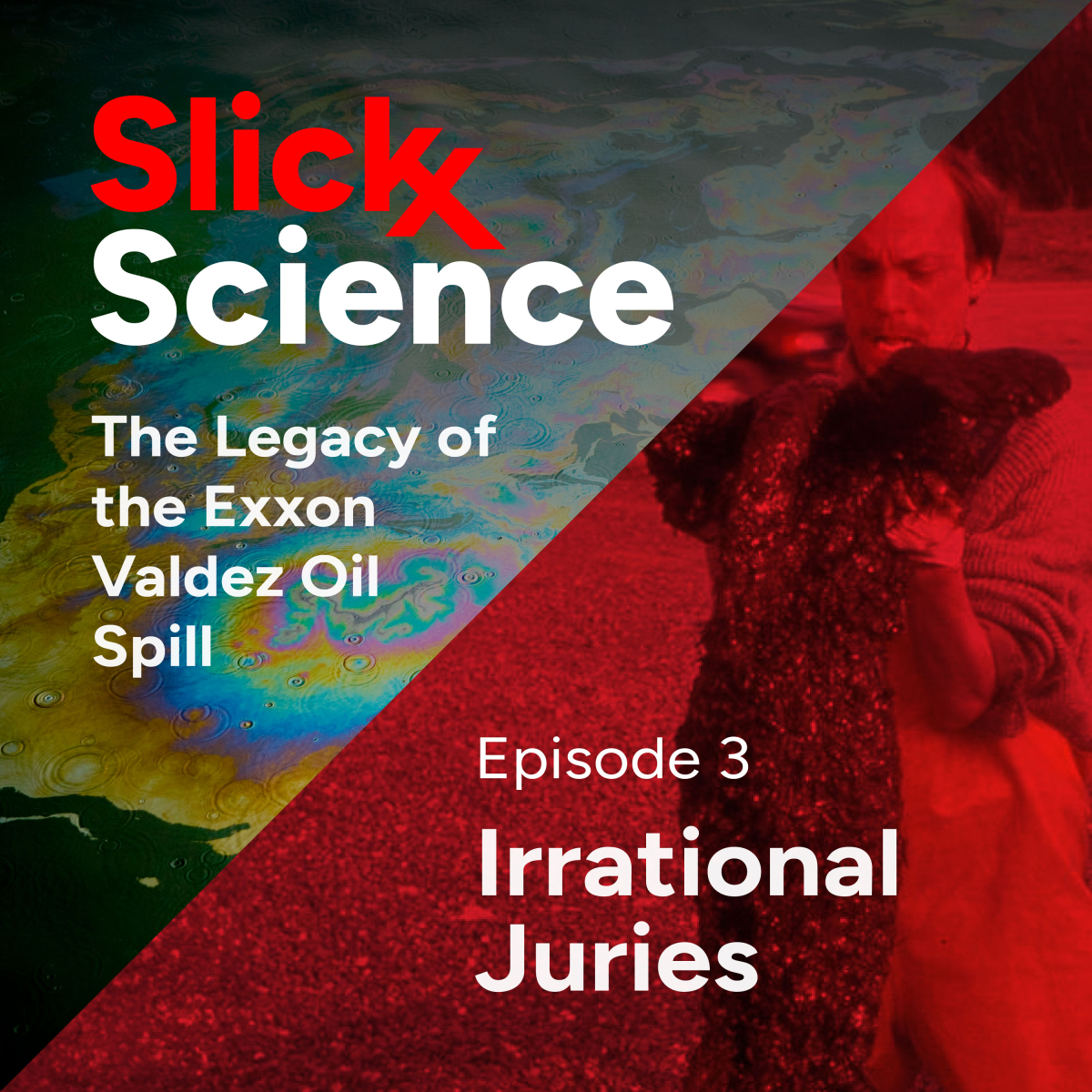
The company hired at least nine esteemed psychologists, economists and law and business school faculty members, giving them levels of research funding some social scientists could only dream about.
These Exxon-funded scholars developed an argument that, if accepted, would make it way more difficult to win punitive damages from companies that harm the environment.
In the final episode, host Gordon Katic digs through the notes of environmental sociologist Bill Freudenburg, who worked on some research funded by Exxon. Though Freudenburg died in 2010, he left behind field notes charting his entire relationship with Exxon, illustrating exactly how the corporation instructed him.
We also hear perspectives from Exxon-funded research suggesting that punitive damages should not be left to juries to decide. According to these researchers, decisions made by juries on punitive damages are incoherent, contradictory, and inconsistent due to their short attention spans and their lack of experience and expertise.
With a better understanding of corporations and their hand in academia, the shocking final verdict on the Exxon Valdez oil spill starts to make sense.
Listen to episode three, Irrational Juries, wherever you get your podcasts. You can also catch up on episodes one and two here. Happy listening!
Slick Science: The toxic legacy of the Exxon Valdez Oil Spill is a collaboration between Canada’s National Observer and Cited Podcast.

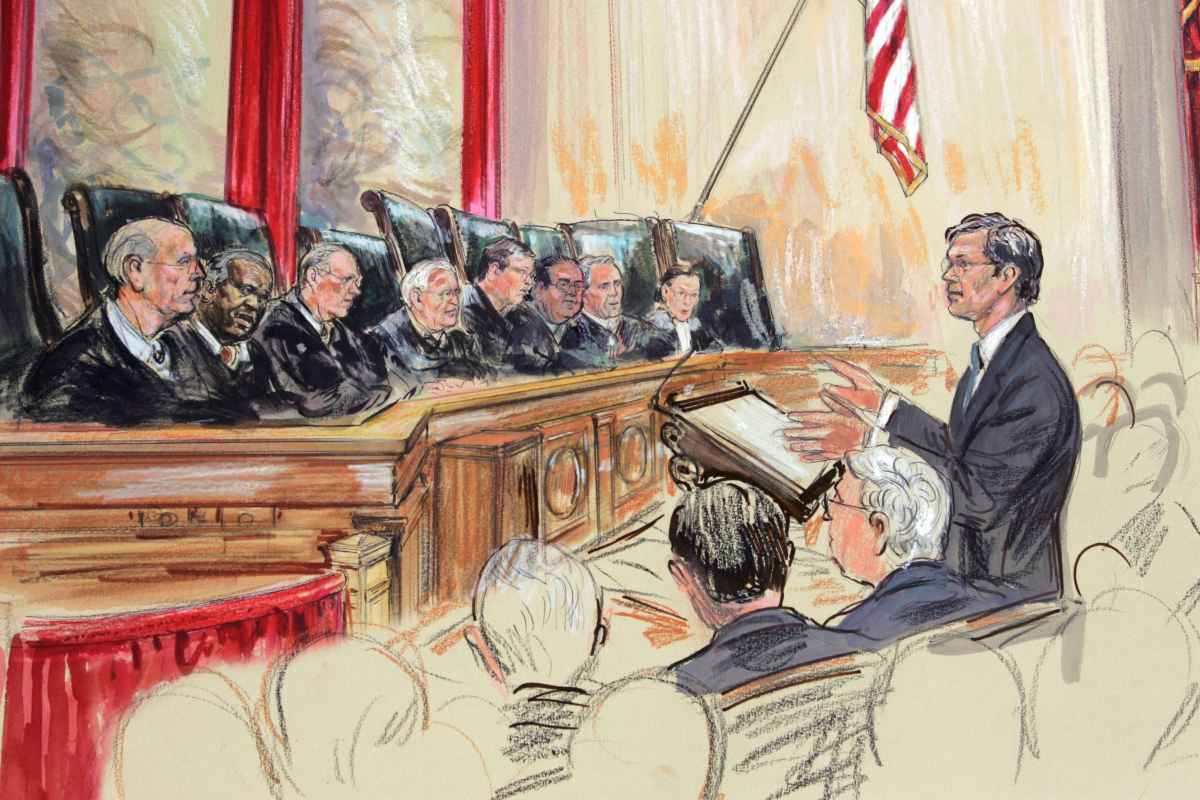

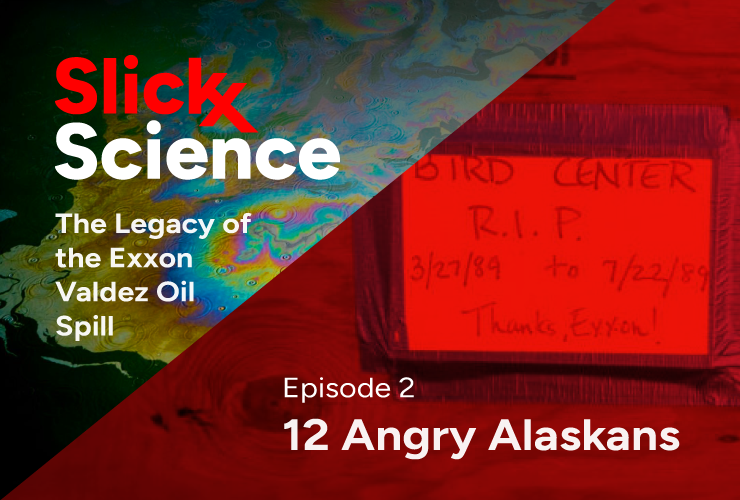
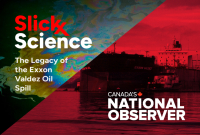
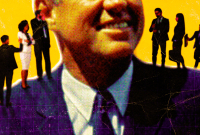
Comments